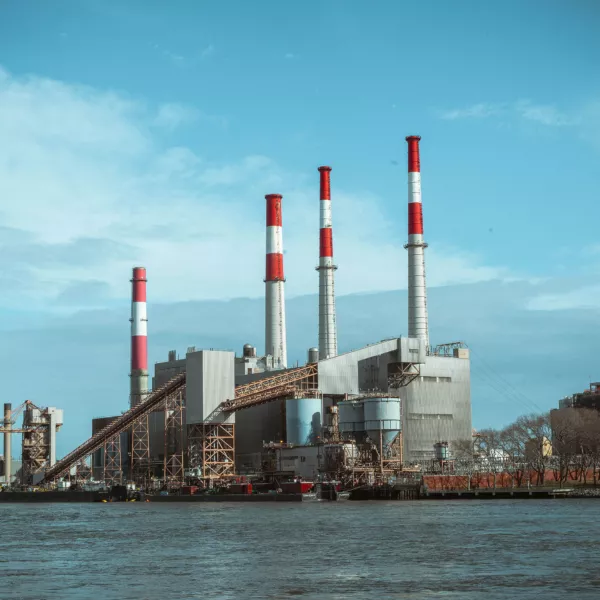Solving benzene challenges in the chemical industry
Emissions of the organic compound benzene are strictly controlled on environmental and health grounds. Activated carbon filtration is highly effective at bringing down concentrations to extremely low levels, as this case study from the chemical sector in Poland illustrates.
The Problem
This major Polish chemical company specialises in the production of chlorobenzene and hydrogen chloride (HCl), resulting in emissions of benzene.
At one emissions point, the concentration was as high as 0.34kg/h, exceeding the new local environmental regulations. Faced with the challenge of reducing this concentration by at least half, it tried several treatment solutions without success.
The company already knew DESOTEC as a supplier of sustainable mobile filtration solutions for the treatment of organic components in hydrogen chloride, and for the removal of free chlorine.
So it asked us to find a suitable solution for its benzene challenge as well.


The Solution
The emission of pollutants at this site is a discontinuous process and it was impossible to calculate the total benzene emissions accurately. As DESOTEC’s filters are mobile and plug-and-play, it’s simple for customers to try out our solutions in situ before making a longer term decision.
So we agreed to install an AIRCON 2000 filter on a temporary basis.
The results were even better than expected. The original benzene concentration of 0.34 kg/h was down to 0.0009 kg/h after treatment: a 98% reduction in emissions.
The Results
After three months of testing, the customer decided to make permanent use of our mobile activated carbon filtration solution.
The filter requires exchange only once every three months, in a swift and simple process that requires no production downtime. As it is a rental solution, no upfront investment is needed and the company has a clear overview of the operational costs.
Our system is modular, capable of flexing when regulations are tightened or production changes. Should it later become necessary to reduce the benzene concentration even further, a second filter could be installed in series.
Another bonus is that safe and sustainable waste handling is included in DESOTEC’s full-service solution. All filtration waste is transported away from the customer’s site to DESOTEC’s facilities, where it is analysed.
Adsorbed molecules are destroyed in our state-of-the-art furnaces in line with national and European legislation, and the process monitored to ensure that only harmless water vapour exits the chimney. Wherever possible, carbon is reactivated. This circular model cuts costs for customers and helps them meet their green goals.
Contact DESOTEC today
Our engineers would be pleased to discuss how DESOTEC’s mobile sustainable filtration solutions could reduce benzene emissions for your company. Contact us today.
Contact us!Contact DESOTEC today
Our engineers would be pleased to discuss how DESOTEC’s mobile sustainable filtration solutions could reduce benzene emissions for your company. Contact us today.
Contact us!-
Industries we help
We partner with companies in a variety of sectors, adapting our modular filtration solutions to your unique needs. -
Our filtration solutions
We offer a wide range of filter models and carbon grades to suit your industrial water or air purification requirements. -
Air & gas purification
Our sustainable filtration solutions ensure air purification, odour control, and high quality process gases such as biogas and biomethane.


